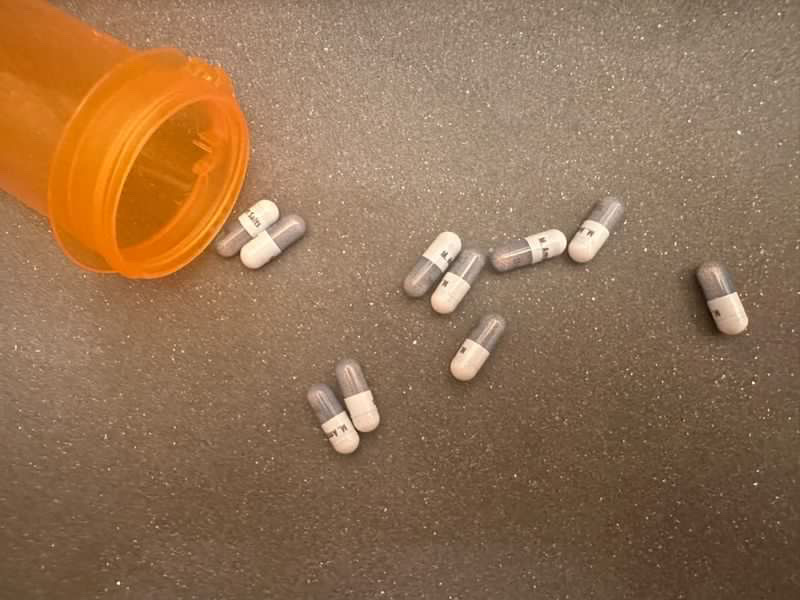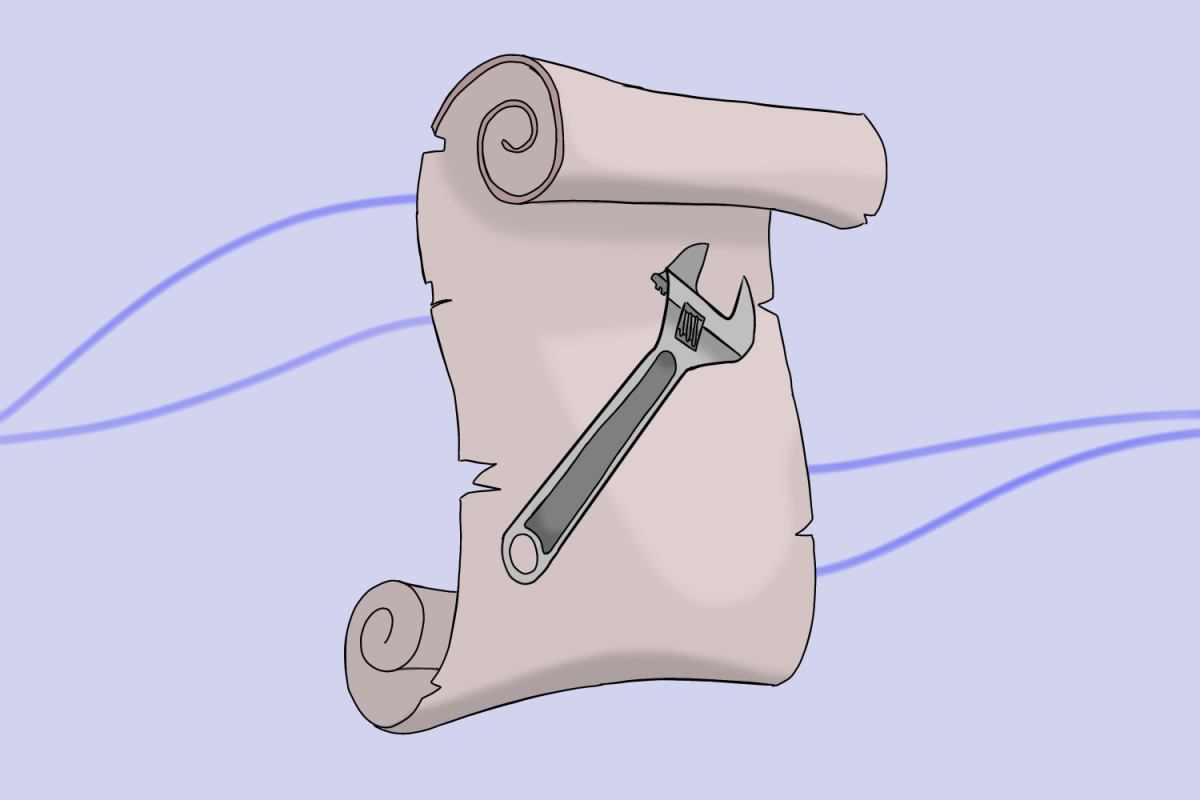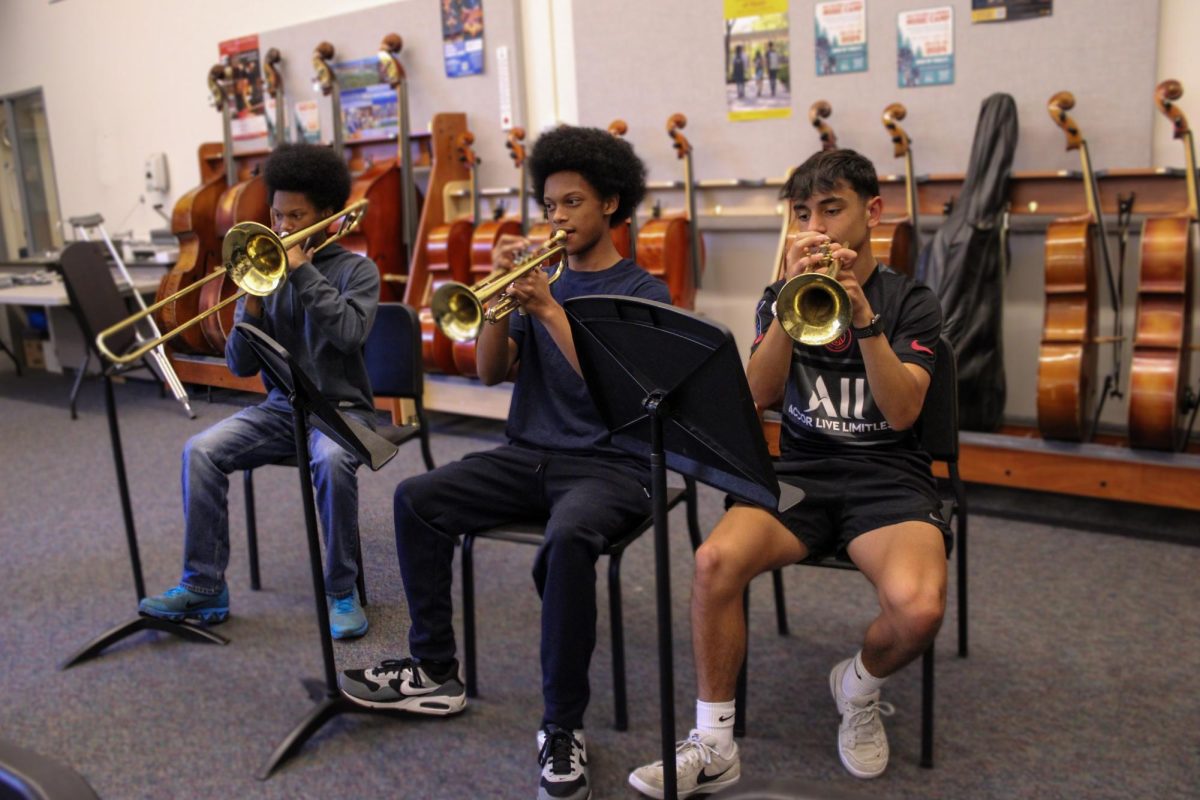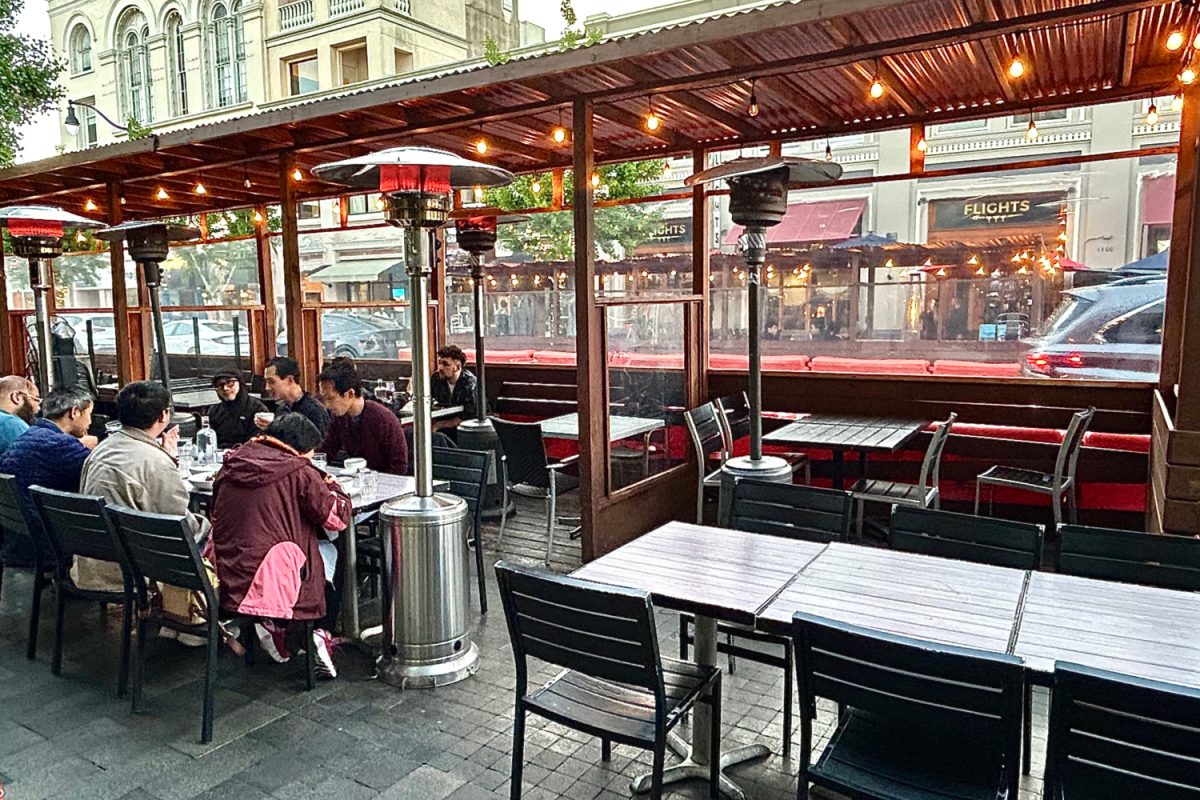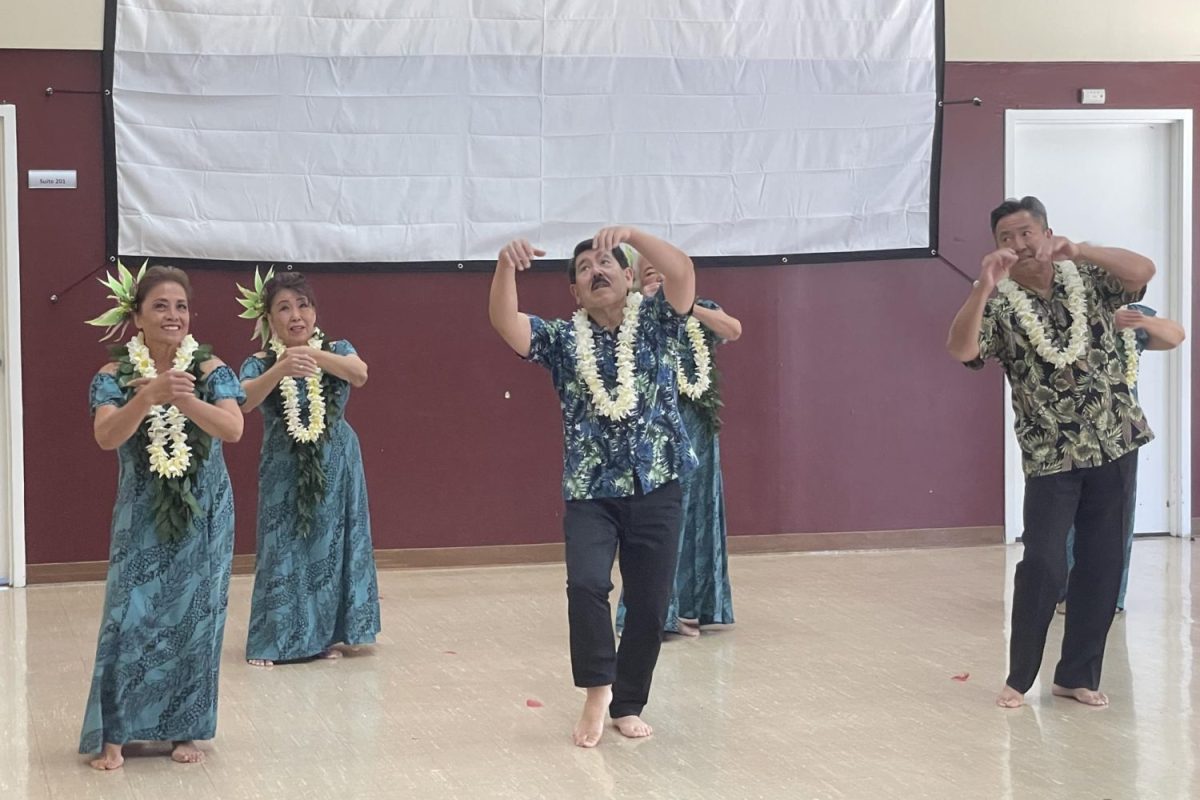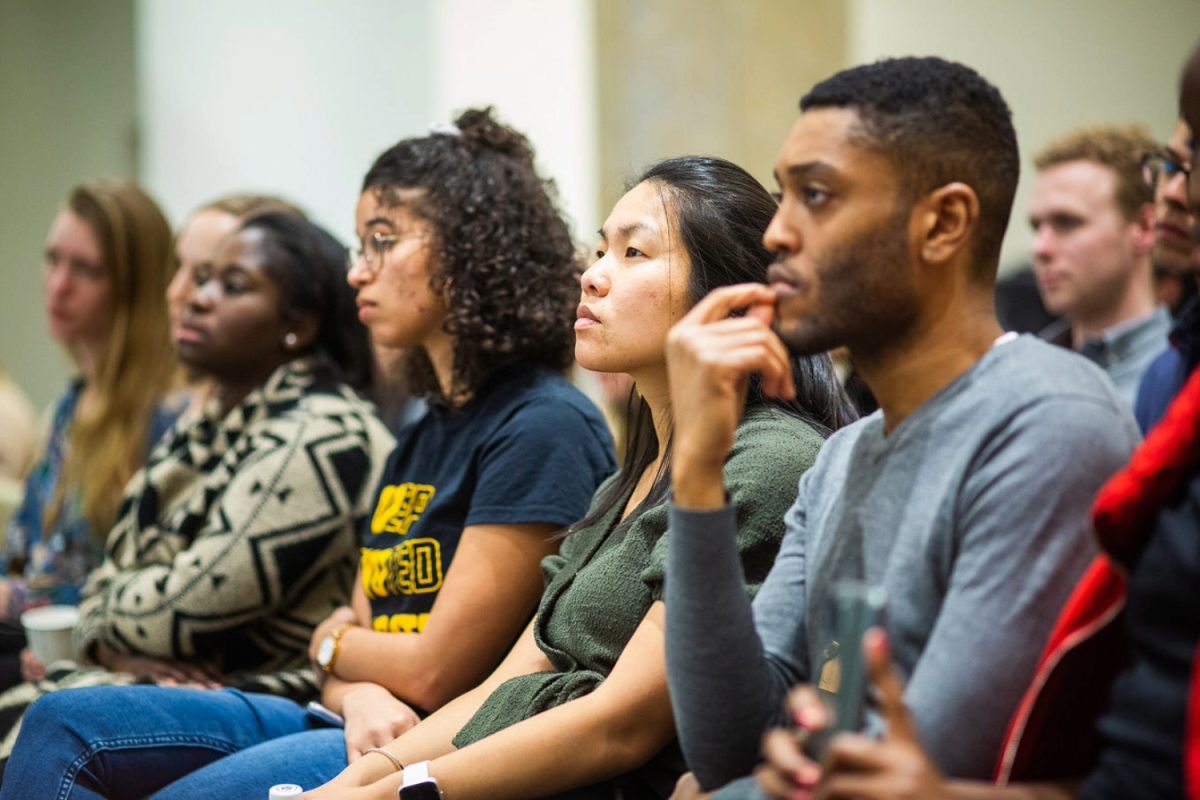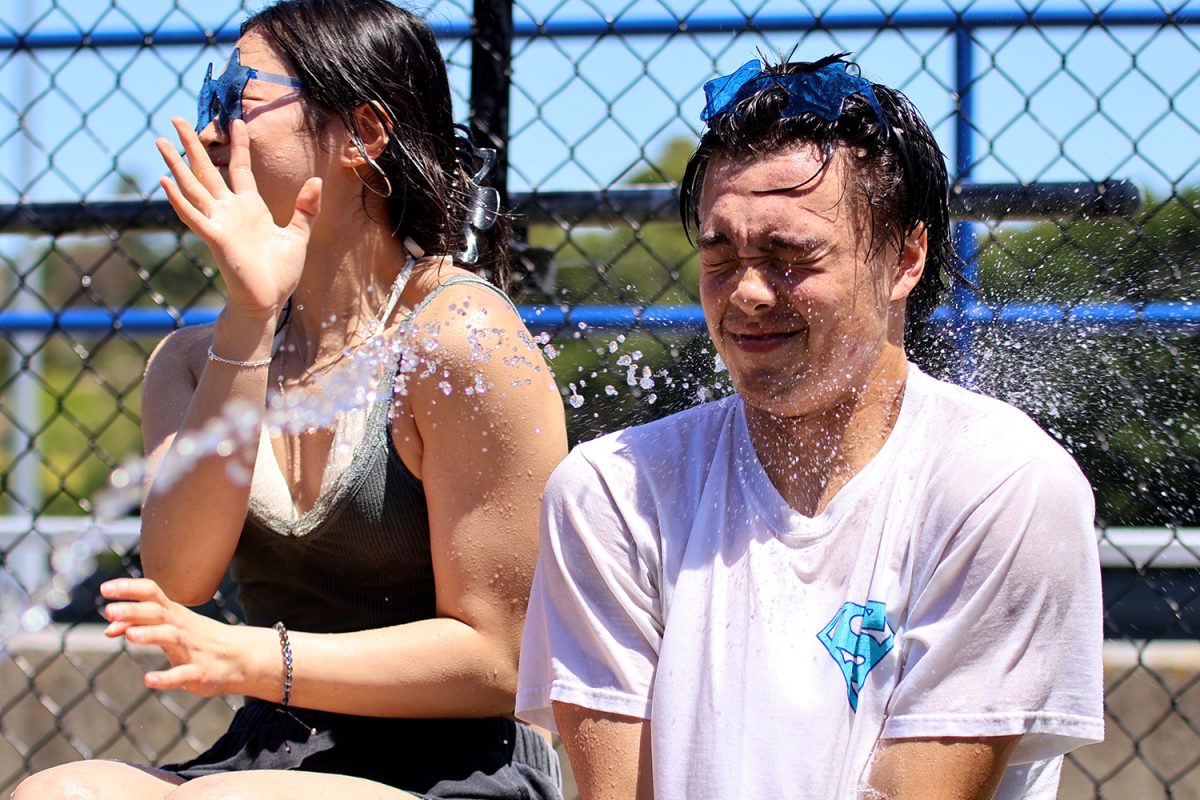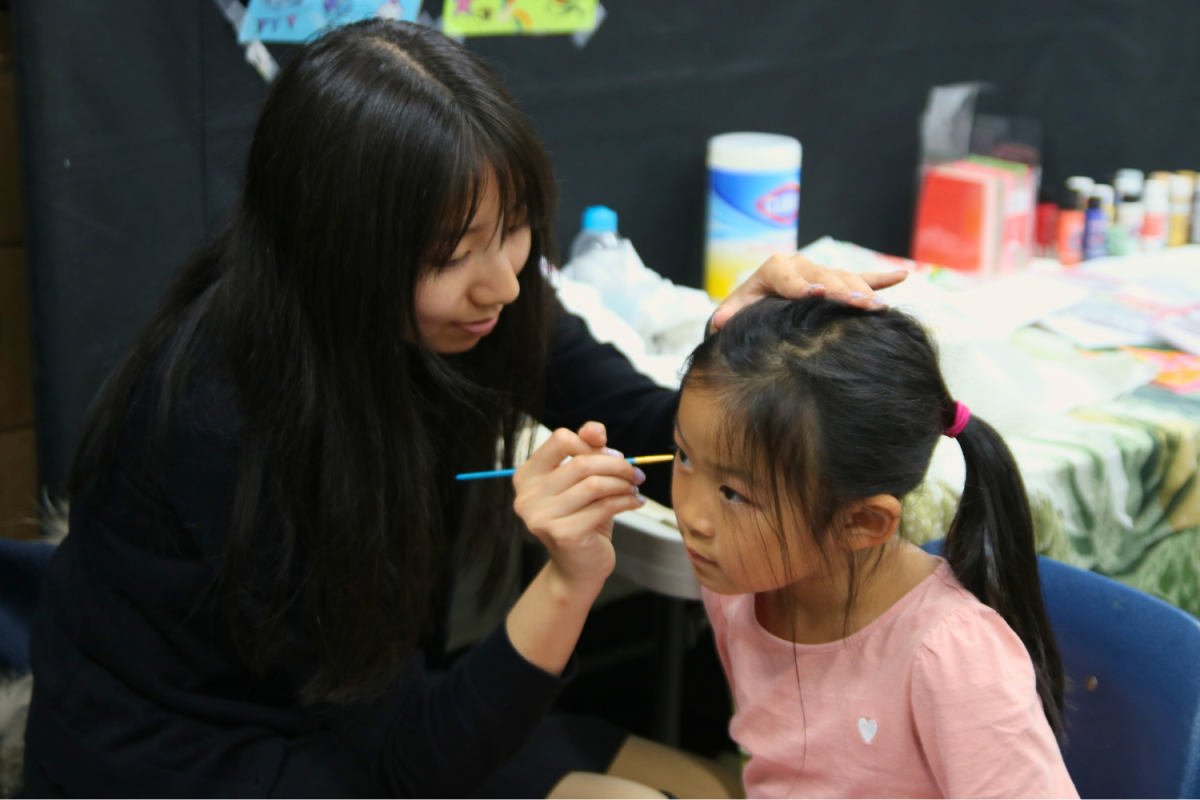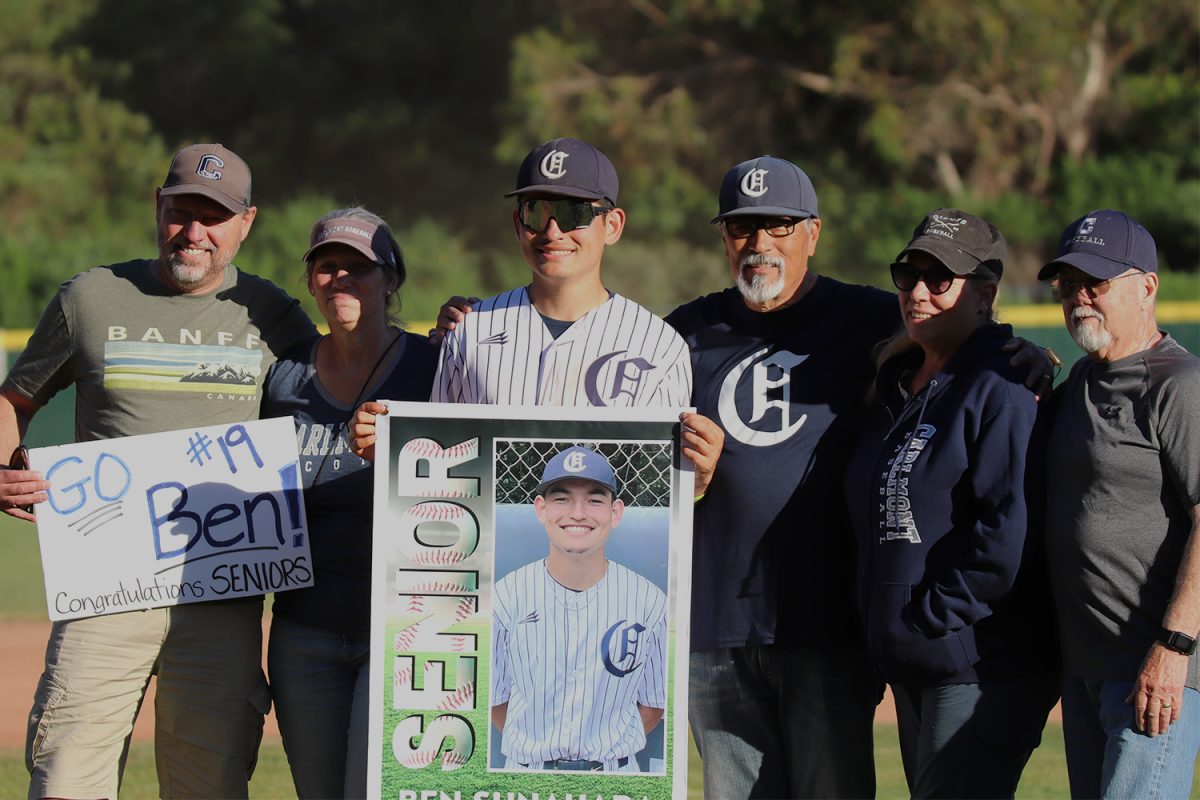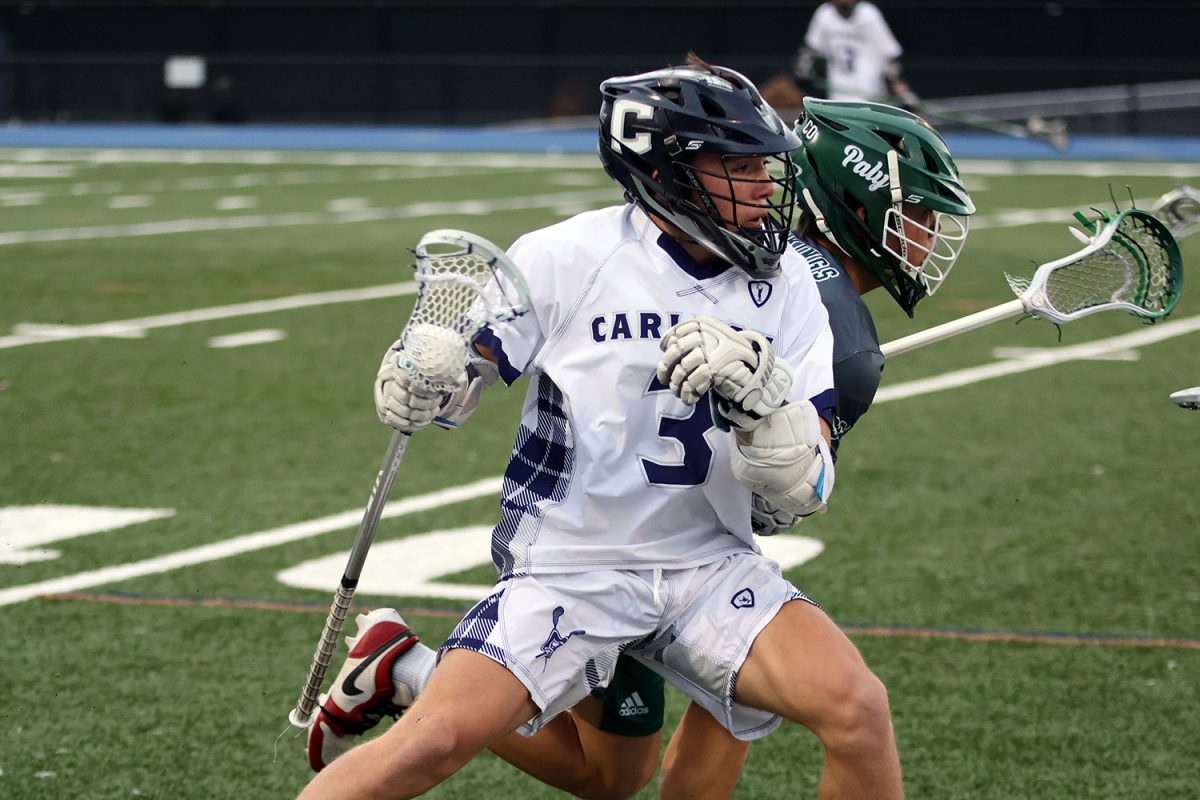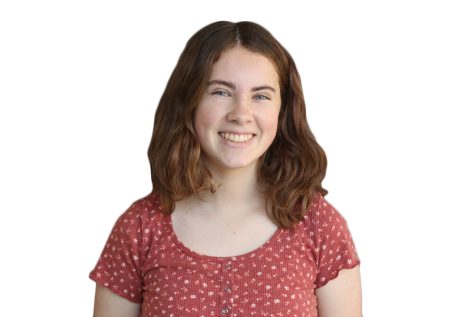You wake up in the morning and get ready for school just like everyone else.
But, unlike some, you have ADHD and take a pill every morning to regulate your behavior.
You grab your bottle and sit down for breakfast. You pour the bottle into your hand but no medicine comes out.
With the Adderall shortage the FDA announced last October, this has become a new reality for many who depend on Adderall. The shortage has lasted months, recently affecting students during the stressful end-of-semester exams, according to Dr. Vidya Krishnan. She is the chief psychiatrist and medical director at Schwab Learning Center (CHC).
“I know some kids who during finals week and other more important parts of their high school experience did not have reliable access to a medication that is required to control their symptoms,” Krishnan said.
Gabi Asmar, a junior at Carlmont High School, was diagnosed with Attention Deficit Hyperactivity Disorder (ADHD) in November 2021.
“A lot of people think like, ‘Oh, why can’t you just pay attention? Why can’t you focus?’ It’s not like we’re not trying hard enough, or it’s just harder for us. Sometimes it’s literally impossible,” Asmar said.
Krishnan describes how this shortage is not only bad for high schoolers but elementary school students as well.
“I know younger children who were having behavioral difficulties because they had to suddenly go off medicine for a couple of days and then have adverse incidences happen at their school. That is neither good for them, their peers, or their schools,” Krishnan said.
ADHD affects all aspects of people’s lives. According to the FDA, people who have inattentive ADHD have a hard time focusing, completing tasks, and following directions. Others have hyperactivity/impulsivity ADHD, which means they are constantly moving, talking, and interrupting others. People can also have a combination of both inattentive and hyperactivity/impulsivity.
Adderall is one of the stimulant medications that help with symptoms of ADHD, one of the most common mental health disorders for children and teens. Stimulants help calm hyperactive symptoms and help people with inattention stay focused. They contain methylphenidate and amphetamine. The medication is “believed to increase brain levels of dopamine—a neurotransmitter associated with motivation, attention, and movement,” according to the FDA.
There are non-stimulant medications as well. Intuniv (guanfacine), Kapvay (clonidine), and Strattera (atomoxetine) are approved by the FDA for treating ADHD symptoms.
“People who have risk factors for addiction or abuse or diversion should try to avoid stimulant medication. But the stimulants are the most effective when we think about how we measure effectiveness rates,” said Dr. Earth Hasassri, who is a child, adolescent, and adult psychiatrist at Earth Psychiatry.
Hasassri explains that different medications have different side effects and rates of effectiveness, and it varies from person to person.
“We try to match the type of medicine with the type of benefit it will bring,” Krishnan said. “It has to do with what age they are, lifestyle kinds of things: when they eat, when they sleep, these kinds of things.”
It can take several tries with different medications to find the right one. This was the experience of Nicki Weppner, a junior at Woodside High School. He was diagnosed with ADHD combined (inattentive and hyperactivity/impulsivity).
“Right after my diagnosis, we played around with medications because I was having a really rough time in school, especially Zoom year. I’m in my own environment, so everything around me is something I curated in that room. So everything around me is something that I would rather pay attention to than school. So we started trying different medications,” Weppner said.
For Weppner, medication has been a restorative treatment.
“When I take medication, I am able to find the motivation to actually sit down and do something. Because a lot of the times, the sitting down and starting is the hardest part for me,” Weppner said.
Living with ADHD can be very difficult, especially at school, where a student must sit still and pay attention all day.
“Last year, when I was unmedicated, my grades were really bad and my attendance was bad because I didn’t want to go to school,” Asmar said. “If I stop paying attention for even a second, I will miss an entire lesson in class, or I won’t hear if a teacher is explaining instructions or something and then I’m set back because I’ve missed an entire lesson.”
Asmar, like many others, turned to medication.
“Adderall is probably the only thing that helps me. It’s the only thing that helps me get through school,” Asmar said.
People think, ‘Oh, Adderall, it’s not that serious.’ They know people take it for fun but it is a life-saving medication. — Gabi Asmar
9.8% of children and teens aged 3-17 are diagnosed with ADHD. ADHD and anxiety are the most common mental disorders for this age group, according to a National Survey of Children’s Health (NSCH).
Many of those taking Adderall to manage their ADHD have had to find a different way to treat their symptoms. It’s not always easy.
Even though there are other medication options, insurance may not cover all of them.
“That could be a very costly process. You are not always covered financially and it can be really detrimental to some families who do not have the opportunity to pay for these things out of pocket,” Krishnan said.
If an important medicine is unavailable, it puts pressure on other medicines as well.
“Those medicines now become challenging to get, like a domino effect where each medicine that goes out of stock now. It’s almost like playing musical chairs or just starting off chess. More and more people are locked out,” Krishnan said.
It’s difficult for some people to get Adderall where they live. As a result, they are spending a lot of time trying to locate their medicine or find other creative solutions.
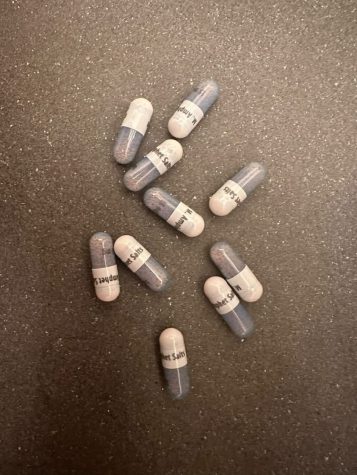
“I know parents will spend hours on the phone calling different pharmacies geographically faraway places because maybe the pharmacy two hours away has a little bit of a better supply than the pharmacy here,” Krishnan said. “I also know some kids who will ration their medicines. They take it on some days because they have these important tasks like a big project to finish, but maybe they’ll not take it another day.”
Hasassri warns against taking desperate measures.
“Some are turning to street drugs. I definitely would discourage that because a lot of Adderall on the streets are laced with fentanyl and that’s a big issue with overdose, and addiction to opiates,” Hasassri said.
Psychiatrists and other people can be helpful resources.
“If anyone is struggling with withdrawal, I would encourage them to reach out to their doctor to make sure that there’s a medication that could be tried or other options can be considered. Or if they’re struggling with their symptoms, for example, at school, maybe they need a study buddy or someone else to keep them accountable that way,” Hasassri said.
Employers and school officials need to realize that others may not be at their full potential because they are dealing with the Adderall shortage. These leaders should keep the shortage in mind and show some compassion and support during these times, Krishnan stated.
To combat the Adderall shortage now and potential other medication shortages, it’s important to bring awareness to others about the importance of how these shortages and urge the government to act. Krishnan encouraged families to work together.
“I think doing any kind of effort that you write into your local congressperson and asking for the federal government to intervene, which they did in the case of the EpiPen situation,” Krishnan said. “A lot of the work should be in policy and advocacy and writing and trying to put a spotlight on the issue so that it stays in the public’s mind and then it’s not able to be pushed aside.”
Even though people know a lot more about ADHD than other disorders, they still carry a lot of fear and misconceptions, Hasassari said.
“It’s highly stigmatizing even though it’s one of the most common neurological and genetic diseases that we have. I know that people are hesitant to get evaluated, hesitant to get diagnosed, hesitant to get labeled, and start treatment. And, at the same time, it can also benefit a lot of people to get help in that way if they’re really struggling,” Hasassri said.
Weppner agrees people need to combat the assumptions that are out there about ADHD.
“I wish people knew that ADHD isn’t purely not being able to focus and moving a lot. It’s emotionally draining a lot of the time. There’s a lot of ups and downs because a lot of times people with ADHD experience emotions so much more intense than neurotypical people,” Weppner said. “And I wish people understood that it genuinely affects everything in my life.”

